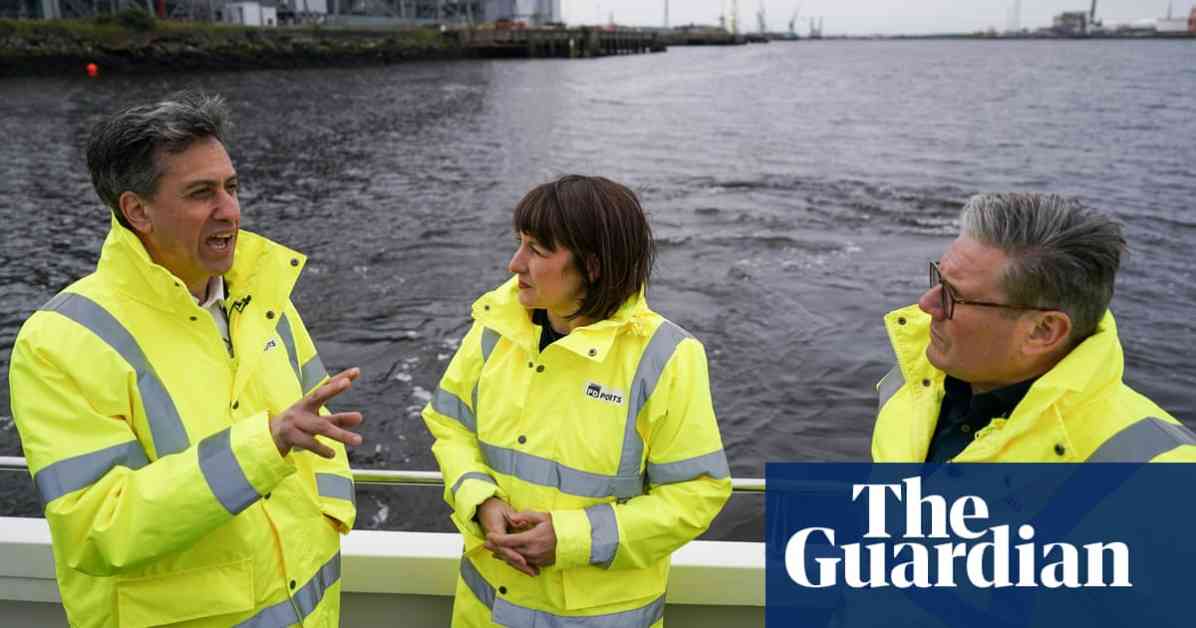Rachel Reeves is leading the way for a significant increase in public sector investment in carbon capture and storage projects. The government has announced plans to provide nearly £22 billion over the next 25 years to fund these projects. This move is expected to be one of the largest green spending commitments of the current parliament.
The chancellor, prime minister, and energy secretary are set to reveal the details of this funding during a visit to the Liverpool city region. They are declaring a “new era” for clean energy jobs. This investment aims to revitalize the struggling heavy industry in Britain by supporting two major carbon capture and storage clusters in Teesside and northwest England/north Wales.
While some may have concerns about the technology being untested at a commercial scale in the UK and the potential for big energy firms to prolong the use of fossil fuels, the government sees carbon capture and storage as a crucial part of achieving net zero emissions. This commitment has already attracted an expected £8 billion in private investment from major energy companies like BP and Equinor.
The investment is expected to create 4,000 jobs directly and support 50,000 jobs in the long term. This move has been welcomed by industry players and politicians like Keir Starmer, who see it as a step towards economic growth and job creation.
However, not everyone is in favor of this investment. Some environmental campaigners and climate researchers argue that the focus should be on clean power sources and green hydrogen rather than investing in technology that may prolong the use of fossil fuels. They warn that this level of funding for carbon capture projects could be a risky move that does not align with the government’s commitment to combatting the climate crisis.
It is essential for the government to reassess its carbon capture strategy and ensure that the investment is future-proof and aligned with the goals of reducing emissions and transitioning to cleaner energy sources. While this funding may be a significant step towards rebuilding Britain’s industrial sectors, it is crucial to consider the long-term implications and ensure that the investment leads to sustainable and environmentally friendly outcomes.












